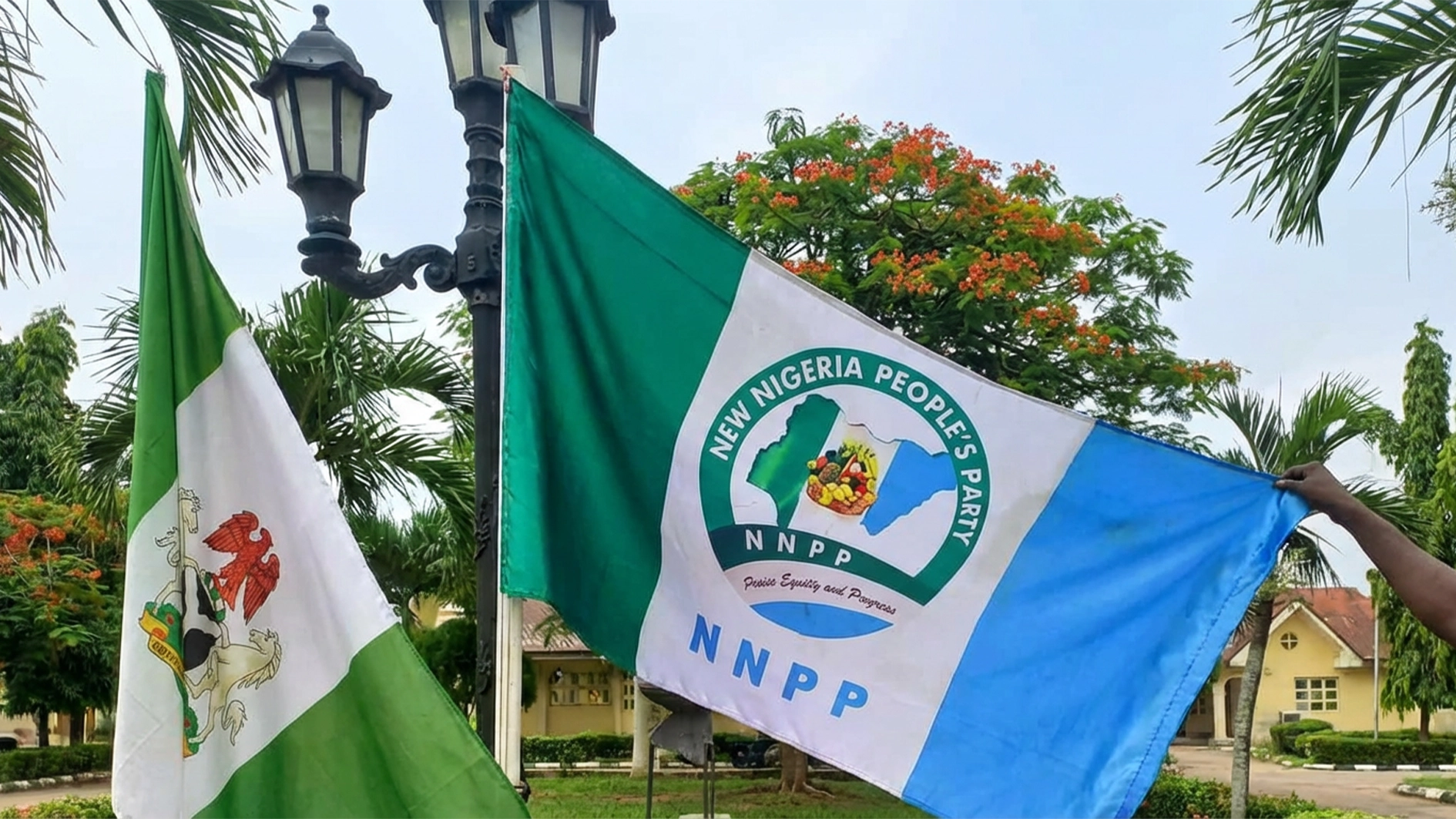• Berate PENGASSAN, NUPENG, DAPPMAN for frustrating domestic refining efforts
• Protesters in Ibadan urge Tinubu to act swiftly, back local refining, curb foreign fuel dependence
• Yoruba Ronu, NLC fault Shettima, Oshiomhole over comments on labour dispute
A coalition of Yoruba youths and Nigerian students has called on President Bola Ahmed Tinubu and other key stakeholders to intervene in the ongoing crisis involving the Dangote Refinery and major oil unions, accusing the unions of economic sabotage.
The coalition protested in Ibadan yesterday, with the demonstrators demanding protection for Dangote Refinery from what they described as “agents of economic regression.”
National President of the National Association of Oduduwa Students, Benedict Adetunji, who spoke during the protest yesterday, alleged that major oil unions, including Petroleum and Natural Gas Senior Staff Association of Nigeria (PENGASSAN), NUPENG, and DAPPMAN, were colluding with international oil traders and marketers to frustrate the operations of Dangote Refinery.
Also addressing the crowd, student leader, Adekunle Adeniyi, condemned what he described as the importation of adulterated fuel by the unions.
He, therefore, urged Tinubu to ensure fair and competitive crude oil allocations to all Nigerian-owned refineries and to ban the importation of petroleum products, thereby encouraging full-scale local refining.
However, the Executive Assistant to the Oyo State Governor on Security, Sunday Odukoya, assured the protesters that their demands would be forwarded to the appropriate authorities for action.
MEANWHILE, a South-West socio-political group, Yoruba Ronu Leadership Forum, has faulted comments credited to Vice President Kashim Shettima and former Edo State Governor, Senator Adams Oshiomhole, over the face-off between Dangote Refinery and PENGASSAN.
President of the Forum, Akin Malaolu, yesterday, expressed dismay at Shettima’s reported remark that “PENGASSAN is not greater than Nigeria,” describing it as a reflection of regional bias and undue protection for the refinery against organised labour.
According to him, “following the nationwide strike declared by PENGASSAN against unfair labour practices at the Dangote Refinery, and the eventual resolution of the dispute, we are alarmed by the statement credited to the Vice President.
“The Federal Government could have easily resolved the issue if not for its constant clueless understanding of labour matters. We are also shocked by the comments of Oshiomhole, a former labour leader, who described PENGASSAN’s action as ‘egregious nonsense.’”
Malaolu noted that labour unions across the world serve similar purposes and must not be viewed with suspicion or hostility, saying: “It is in the interest of our economic stability to protect the rights and welfare of workers. They are the engine of any economy. Unions negotiate fair conditions of service, including wages, severance pay, compensation for workplace injuries, overtime allowances, and yearly leave entitlements—all of which sustain a healthy employer-employee relationship and promote national development,” he said.
He emphasised that the crisis at the refinery centres on job security, noting that the union’s agitation reflects its awareness of workers’ legitimate need for protection.
THE Nigeria Labour Congress (NLC) has also faulted the Vice President’s statement describing the Dangote Group as a “national asset,” saying that the group’s recent action on the sack of workers was a “national tragedy,” as it undermined the tenets of decent work principles despite all the concessions and privileges from the Nigerian State.
NLC President, Joe Ajaero, in a statement yesterday, to mark the World Day for Decent Work, said that Shettima’s statement insinuated that the conglomerate should be exempted from obeying the nation’s labour laws, which he said was not only an affront to the rule of law but also a national tragedy that presupposes that the Nigerian State promotes lawlessness.
According to Ajaero, it is a public declaration that capital, when sufficiently concentrated, is above the law, and that money is sovereign, capable of undermining decent work principles.
The NLC, therefore, demanded that all entities operating in Nigeria should comply with Nigeria’s industrial relations laws, including the immediate recognition of all unions seeking to represent workers in their organisations.
It also demanded the creation of robust enforcement frameworks to guarantee compliance with the nation’s laws to ensure that decent work gaps are reduced in the nation’s workplaces to the barest minimum.






